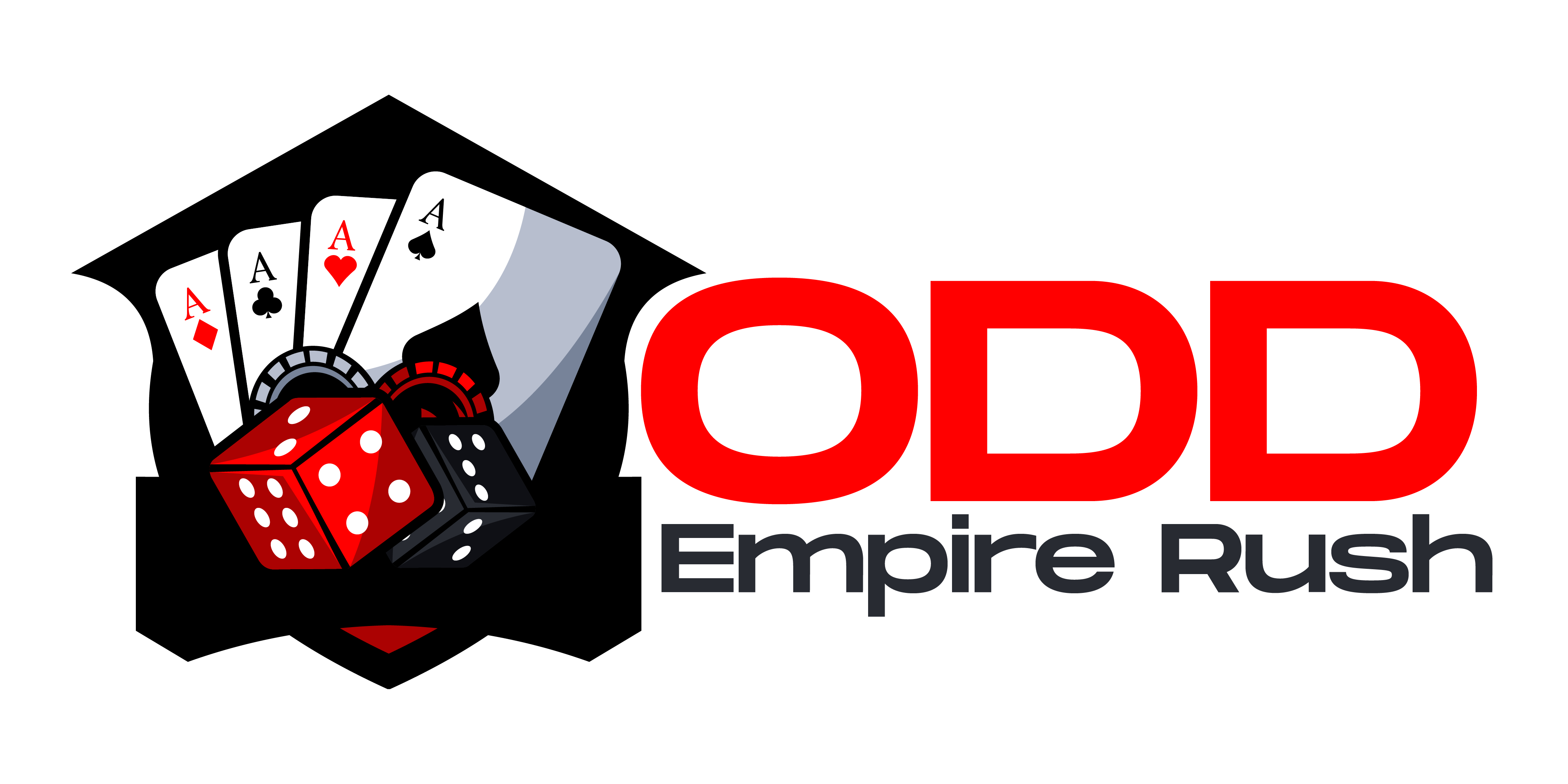Intro: Why Emerging Markets Are on Everyone’s Radar
The global betting industry is no longer a slow burn. It’s expanding fast—clocking in at over $250 billion and climbing, fueled by mobile adoption, digital wallets, and wider internet access. This is no longer just a Western game—emerging markets are becoming the real growth engines.
Governments are starting to see the upside. Countries once allergic to betting are shifting gears, realizing the untapped tax revenues and job opportunities on the table. Regulatory reform is cracking open doors across Latin America, Africa, and Southeast Asia, transforming underground play into structured, taxable markets. That means new terrain for operators—and new audiences.
Timing is everything. Entering early doesn’t just buy you users. It buys you brand loyalty, local know-how, and a front-row seat to shape the market. The players who invest now—before the competition clogs the field—stand to dominate for years. In betting, early birds don’t just get the worm. They build the nest.
Latin America
Latin America is coming into focus as a high-potential betting market—and Brazil is leading the charge. The country’s sweeping regulatory reforms have turned heads, with legalized sports betting on the table and a framework built to welcome big operators. Brazil’s sheer population size and cultural obsession with football make it a prize market for global players.
But Brazil isn’t alone. Mexico and Colombia have already laid down stable regulatory structures, becoming hub markets in the region. Operators entering Latin America aren’t walking into chaos—they’re navigating increasingly mature ecosystems.
What makes this region especially ripe? A built-in passion for sports, a mobile-first population, and growing trust in digital platforms. The appetite is there, and the infrastructure is catching up. That said, localization is key. One-size-fits-all doesn’t cut it. Operators need to understand regional nuances, from language to payment preferences, to truly connect with users.
Latin America isn’t a fringe bet anymore—it’s center stage, and growing fast.
Betting Behavior in Developing Markets
In developing markets, betting looks different—and it’s not just about where the bets are placed, but how, why, and by whom. Traditional desktop access? Forget it. Most users are mobile-first, and in many cases, mobile-only. That’s reshaping betting behavior from the ground up.
What’s pushing adoption even faster is the rise of mobile money and region-specific payment gateways. In markets where banking is patchy or hard to access, mobile wallets have become the engine behind user onboarding. Services like M-Pesa in Kenya or PIX in Brazil aren’t just helping people pay—they’re helping them play.
But it’s not just about access; it’s about trust. Content that’s localized—not just in language, but in tone, platform choice, and cultural relevance—builds a sense of legitimacy. Add to that the importance of customer support in local dialects, and you see why the winners here are the ones who speak the user’s language in every sense.
In short, the formula in these markets is simple but strict: mobile-first infrastructure, seamless local payments, and content that actually connects. Get it right, and you’re not just building users—you’re building loyalty.
(See more: How Technology Is Disrupting Traditional Betting Markets)
Risk & Regulation
Emerging markets offer huge potential—but they come with complex legal landscapes. Navigating these environments requires more than just ambition. From inconsistent regulatory frameworks to increasing calls for consumer protections, successfully entering these regions means thoroughly understanding the rules of the game.
A Patchwork of Legislation
No two markets are created equal when it comes to gambling laws. Even within the same region, legislation can vary widely:
- Africa: Some countries have well-defined betting laws, while others operate in legal gray areas.
- Latin America: Regulatory climates can shift rapidly, as seen in Brazil’s evolving framework.
- Southeast Asia: A mix of restrictive laws and largely unregulated offshore activity clouds the landscape.
Opportunities:
- Rapid changes in regulation can open doors for early market entry.
- Governments may offer licenses to bring betting into official, taxable structures.
Pitfalls:
- Sudden legal changes can disrupt operations.
- Noncompliance can result in fines, bans, and loss of reputation.
Responsible Gambling as a Strategic Imperative
New entrants must balance expansion with ethical considerations. As markets grow, so does scrutiny from governments, watchdogs, and consumers. Prioritizing responsible gambling isn’t just good for public relations—it’s essential for long-term viability.
Key focus areas:
- Implementing player protection tools from the outset
- Promoting educational content about responsible betting
- Setting transparent limits and support channels for users
Compliance Isn’t Optional
Whether entering through partnerships or applying for direct licenses, operators must treat compliance as a business pillar, not an afterthought. The cost of ignoring local laws often outweighs potential gains.
- Work with local legal advisors to interpret fast-evolving rules
- Use tech tools for real-time compliance monitoring
- Build operational flexibility to adapt to legislative updates
Bottom line: In emerging markets, legal agility and ethical leadership aren’t just added value—they’re core requirements.
Strategic Moves by Major Players
Global betting operators aren’t walking into emerging markets alone—they’re teaming up. Local partnerships are now the standard play: a way to fast-track licensing, gain cultural fluency, and tap into regional infrastructure. It’s not just about planting a flag; it’s about building something that respects local nuance and meets users where they are.
What gives these alliances staying power is the blend of tech, data, and geo-cultural insight. Operators are tailoring user experiences based on regional habits: interface language toggles, payment channels like M-Pesa or Pix, native sports integrations, and mobile-first feature rollouts. These aren’t bolt-on solutions—they’re baseline requirements to compete.
Some are already executing well. Entain’s BetMGM model in Latin America shows how co-branding with local operators can create immediate trust. Flutter’s expansion strategy through its stake in Sisal (Italy) before eyeing Africa is another example of long-game thinking. Meanwhile, Bet365’s cautious entry into Brazil, paired with local media collaborations and sports sponsorships, shows the value of pacing entries strategically.
The takeaway? This market isn’t ripe for winner-takes-all. It’s ripe for those who listen, localize, and partner accordingly.
Final Takeaways
Why First-Mover Advantage Matters
Emerging markets are delivering real opportunities for growth, but speed alone isn’t enough. Being among the first to enter a new region can give betting operators a competitive edge—but only if that entry is well-informed and strategically planned.
- Early entry can secure prime market share
- Helps brands establish local trust faster than later entrants
- Often leads to long-term regulatory and cultural influence
Keys to Sustainable Success
Winning in emerging markets demands more than a copy-paste strategy from mature regions. Operators must adopt a hyper-local and agile mindset.
- Agility: Be ready to pivot as regulations evolve and user behavior shifts
- Cultural Understanding: Decode how local values impact betting habits and marketing messages
- Tech Sensitivity: Prioritize mobile-first solutions and local payment compatibility
The Opportunity is Now
Emerging markets aren’t just an upcoming trend—they’re already reshaping the global betting landscape. Businesses that treat these markets as current, not future, stand to grow their footprint significantly.
- The infrastructure and demand are already in place in many regions
- Delaying entry could mean higher competition and lost loyalty
- Strategic groundwork done now will pay off in long-term returns


 Korlan Yvonthor is the co-founder of oddsempirerush and a leading voice in sports analytics. Combining technology, data, and strategy, he plays a key role in shaping the platform’s vision and delivering trusted resources for sports betting enthusiasts.
Korlan Yvonthor is the co-founder of oddsempirerush and a leading voice in sports analytics. Combining technology, data, and strategy, he plays a key role in shaping the platform’s vision and delivering trusted resources for sports betting enthusiasts.

